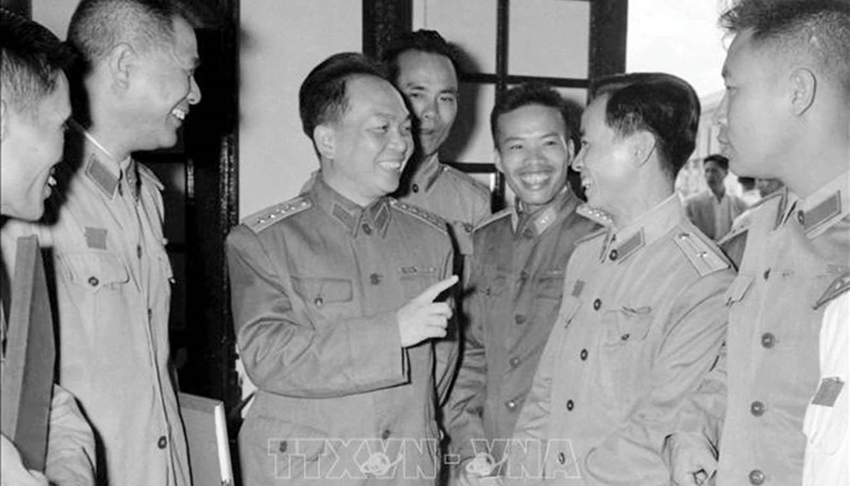 |
| General Vo Nguyen Giap talks with military delegates attending the 3rd National Congress of the Vietnam Workers' Party (September 1960). Photo: VNA |
The "best"
In January 1948, President Ho Chi Minh signed decrees to promote the military rank of general to 10 outstanding cadres of the Vietnam People's Army, including 1 General (Vo Nguyen Giap), 1 Lieutenant General (Nguyen Binh) and 8 Major Generals (Hoang Van Thai, Nguyen Son, Chu Van Tan, Hoang Sam, Tran Tu Binh, Van Tien Dung, Le Hien Mai and Tran Dai Nghia).
This is the first time our Army has had general-rank officers since its founding. There is an anecdote that, after the day of promotion to general, a foreign reporter asked Uncle Ho: Why does a small army with rudimentary equipment like the Viet Minh have 10 generals? Uncle Ho answered, in general: If you win a General, you will be promoted to General, if you win a Lieutenant General, you will be promoted to Lieutenant General, if you win a Major General, you will be promoted to Major General. Uncle Ho's answer was both humorous and profound, but also very reasonable and practical...
Studying the biographies of the first 10 generals, it can be seen that they were all very young at the time of their promotion to general rank: The "oldest" was Major General Tran Tu Binh (born in 1907, 41 years old at the time of promotion, at that time he was the Head of the Cadre Inspection Department); the "youngest" was Major General Le Hien Mai (born in 1918, 30 years old, Political Commissioner of War Zone II). General Vo Nguyen Giap was only 37 years old at that time and this was also the only time he was promoted to military rank in his entire military career. He was also the longest-lived of the 10 generals promoted to military rank in the first batch (102 years old).
Lieutenant General Nguyen Binh was originally a member of the Kuomintang. While imprisoned by the French colonialists in Con Dao prison, he became enlightened and changed his activities to follow the Communist Party's line. For this reason, he was beaten by some right-wing Kuomintang prisoners, resulting in the loss of an eye.
Major General Chu Van Tan (1910 - 1984) was the first Minister of Defense of the Democratic Republic of Vietnam, he held this position from August 23, 1945 to March 2, 1946 in the Provisional Government (in 1959, he was promoted to the rank of Senior Lieutenant General). Major General Tran Tu Binh (1907 - 1967) came from a Catholic family, with this detail, he became a "special case" of our army. Major General Hoang Van Thai (promoted to the rank of General in 1980) was the first Chief of the General Staff of our army, he assumed this responsibility from 1945 to 1953. The person who held the responsibility of Chief of the General Staff for the longest time was Major General Van Tien Dung (promoted to the rank of General in 1974), from 1953 to 1978. Major General Tran Dai Nghia studied and received an engineering degree in France when he was young. In 1946, he followed Uncle Ho back to the country to join the resistance war and became our country's leading weapons researcher and manufacturer. At the National Heroes and Emulation Fighters Congress in 1952, Major General Tran Dai Nghia was awarded the title of Labor Hero and was one of the first 7 heroes of the Democratic Republic of Vietnam.
Among the 10 generals promoted to the rank of general in early 1948, there were 2 who had been among the 34 members of the Vietnam Propaganda Liberation Army Team established on December 22, 1944 - the predecessor of the Vietnam People's Army: Major General Hoang Sam (at the time of the establishment of the Vietnam Propaganda Liberation Army Team, he was the Team Leader) and Major General Hoang Van Thai (in charge of planning and intelligence of the Team).
"General of Two Countries" Nguyen Son
Major General Nguyen Son is the only "Two-nation General" in the history of our Army up to now. He was awarded the rank of Major General by our Government in early 1948 and the Government of the People's Republic of China awarded the rank of Major General of the Chinese People's Liberation Army in 1955. He is considered a general not only with military talent, but also known as a leader who is very interested in culture and art.
There is a rather interesting story surrounding his promotion to the rank of Major General in early 1948. With his rather special personality, when he heard the news of being promoted to the rank of Major General, he showed a reluctant attitude, thinking that the rank of Major General was not commensurate with his talent, so he deliberately delayed accepting the promotion. Knowing this, President Ho Chi Minh assigned Dr. Pham Ngoc Thach as the representative of the Government to present the decree with 4 Chinese verses written by him, sent to Nguyen Son: "To Son de. Dam duc dai/ Tam duc te/ Tri duc vien/ Hanh duc phuong" (meaning: The will must be great and decisive/ The heart must be delicate/ Wisdom must be complete/ Virtue must be honest and square). Reading the 4 verses sent by Uncle Ho, General Nguyen Son realized and happily received the promotion decree. It is noteworthy that Uncle Ho wrote the poem to Major General Nguyen Son as an "older brother" to a "younger brother" (To Son De), not as a President to a general under his command. With just this detail, we can see that Uncle Ho had a very delicate and gentle way of behaving but had great influence, demonstrating a high level of intelligence and culture in attracting and using talented people with strong personalities.
Source: https://huengaynay.vn/chinh-tri-xa-hoi/10-vi-tuong-dau-tien-cua-quan-doi-nhan-dan-viet-nam-149916.html







![[Photo] Prime Minister Pham Minh Chinh chairs the first meeting of the Central Steering Committee on housing policy and real estate market](https://vphoto.vietnam.vn/thumb/1200x675/vietnam/resource/IMAGE/2025/9/22/c0f42b88c6284975b4bcfcf5b17656e7)



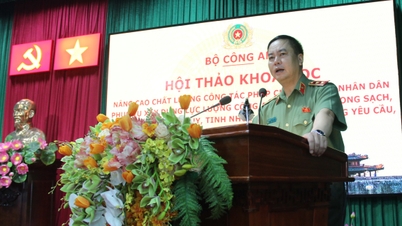
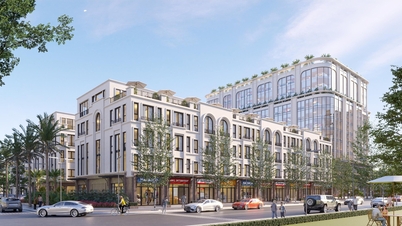

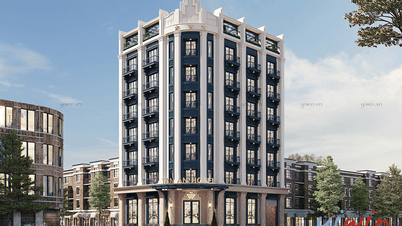






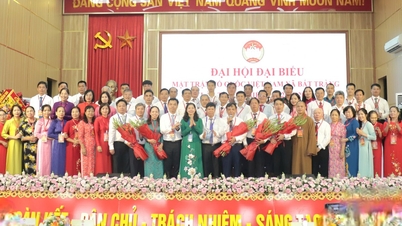
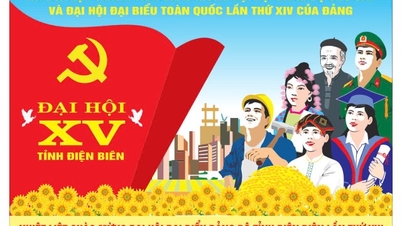

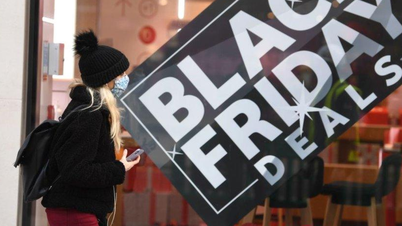

































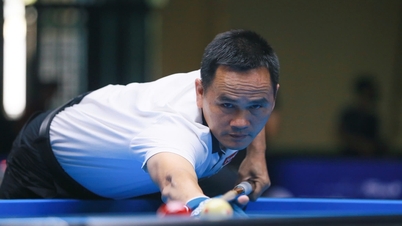
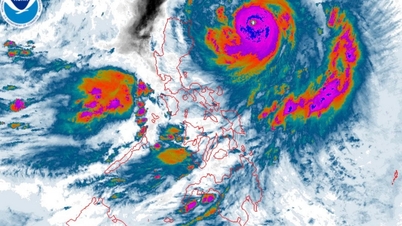
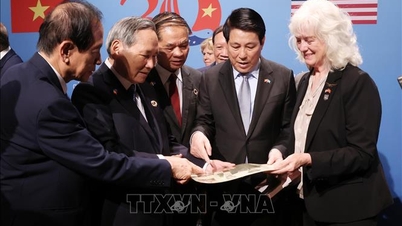





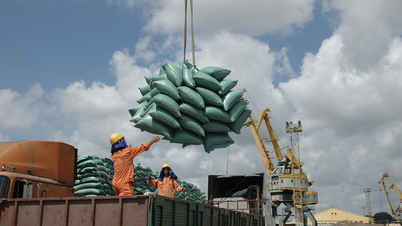











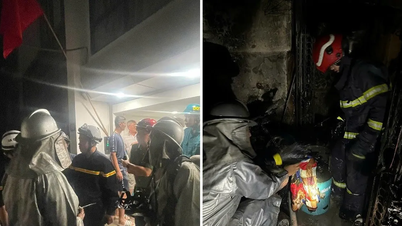


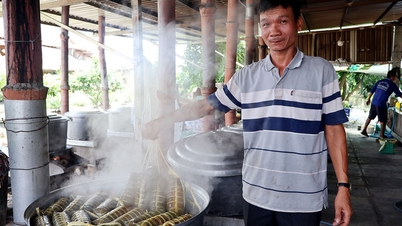



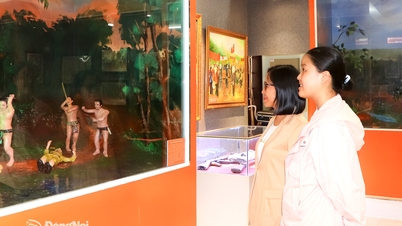








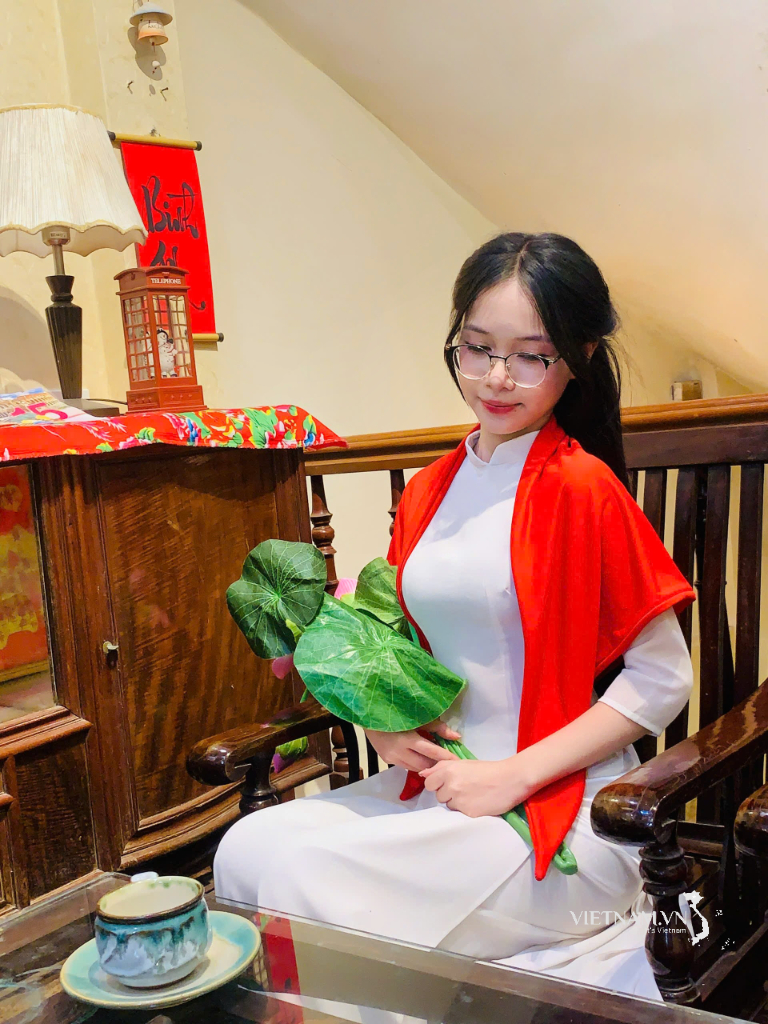
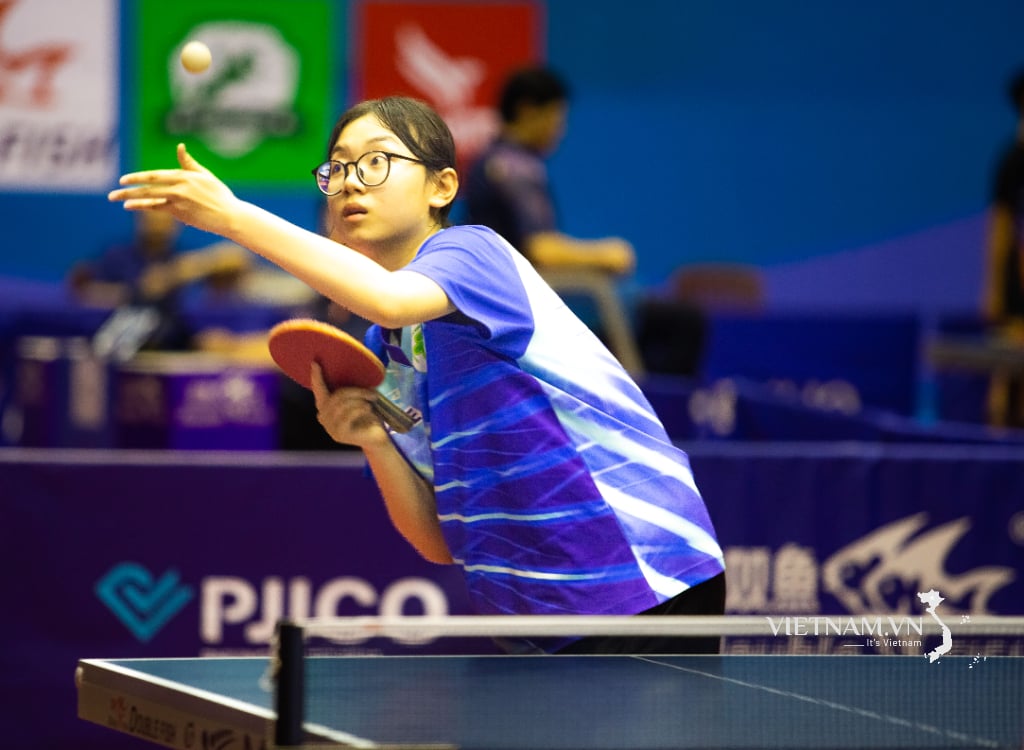

Comment (0)